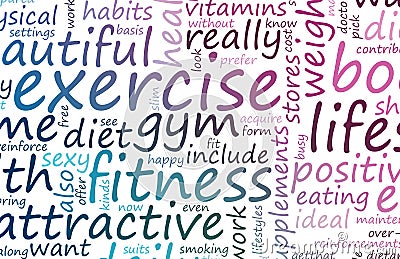As I mentioned earlier in the week I’ll be posting regular links to various blog posts and videos about aspects of pain in an attempt to increase our understanding of what is happening when we injure ourselves. This is a great video on Brain Smudging by the David Butler of NOI group in Australia.
Posture, what really matters.
There is a huge amount written about why we should have good posture and what it looks like so that we don’t get a sore back, neck etc yet there is little or no evidence that posture has any relationship to whether or not you are going to experience back or neck pain, check out the studies below. Many other factors can influence the chances of you experiencing pain ranging from stress levels to how much movement you get in your day. What can happen when we are sitting or are generally immobile for long periods is that changes in the chemistry of the tissues can occur such that you may feel sore. This can be alleviated by simply getting up and moving around regularly and isn’t related to the the position/posture that you are sitting in. Also in terms of the stress we place on the tissues when we are sitting it is at a level that is very tolerable and easily adaptable to. Continue reading “Posture, what really matters.”
Movement variability
Turkish get up
A couple of weeks ago in the post More moving in the morning I talked about how you can use the simple act of getting up, and back down, off the ground as a means of introducing interesting and varied movement into your day. Continue reading “Turkish get up”
Changes to Performance Sports Therapy’s opening hours
The opening hours for the clinic will be changing from next week. My wife comes to the end of her maternity leave and returns to work so I will be taking on some of the child care duties for our wee boy. The new hours will be;
Tuesday 13:00 – 20:00
Thursday 08:00-20:00
Friday 08:00 – 20:00
Saturday 09:00 – 16:30
Are you drinking enough or too much?
I picked this one up this morning from Active Therapy’s daily update. For sometime now the importance of being properly hydrated in general and in sporting activities in particular but there is a big difference in consuming enough water and pouring the stuff down your neck with any thought. The effects of dehydration are well covered but the effects of over hydration aren’t spoken of with anything like the same frequency.
Does your patient have a tissue problem or a pain problem
I thought this was worth posting for the little video at the end of the post which explains some of what is happening when we are in pain brilliantly.
Ice bucket challenge
I was nominated by my friend Jason at the weekend to do the ice bucket challenge. So I figured that a few seconds of discomfort for a good cause was worth it and took him up on it. Continue reading “Ice bucket challenge”
Mobile phone issues
Running and eating; ways to live longer

In a story on the BBC yesterday talked about how cardiovascular fitness can aid in maintaining brain function. 3,000 people, average age 25, in Minnesota were tested on a treadmill then again 20 years later. Those who had the smallest differences in the treadmill tests were found to score higher in the memory and thinking tests, even after being adjusted for factors such as smoking, diabetes and high cholesterol. Continue reading “Running and eating; ways to live longer”
